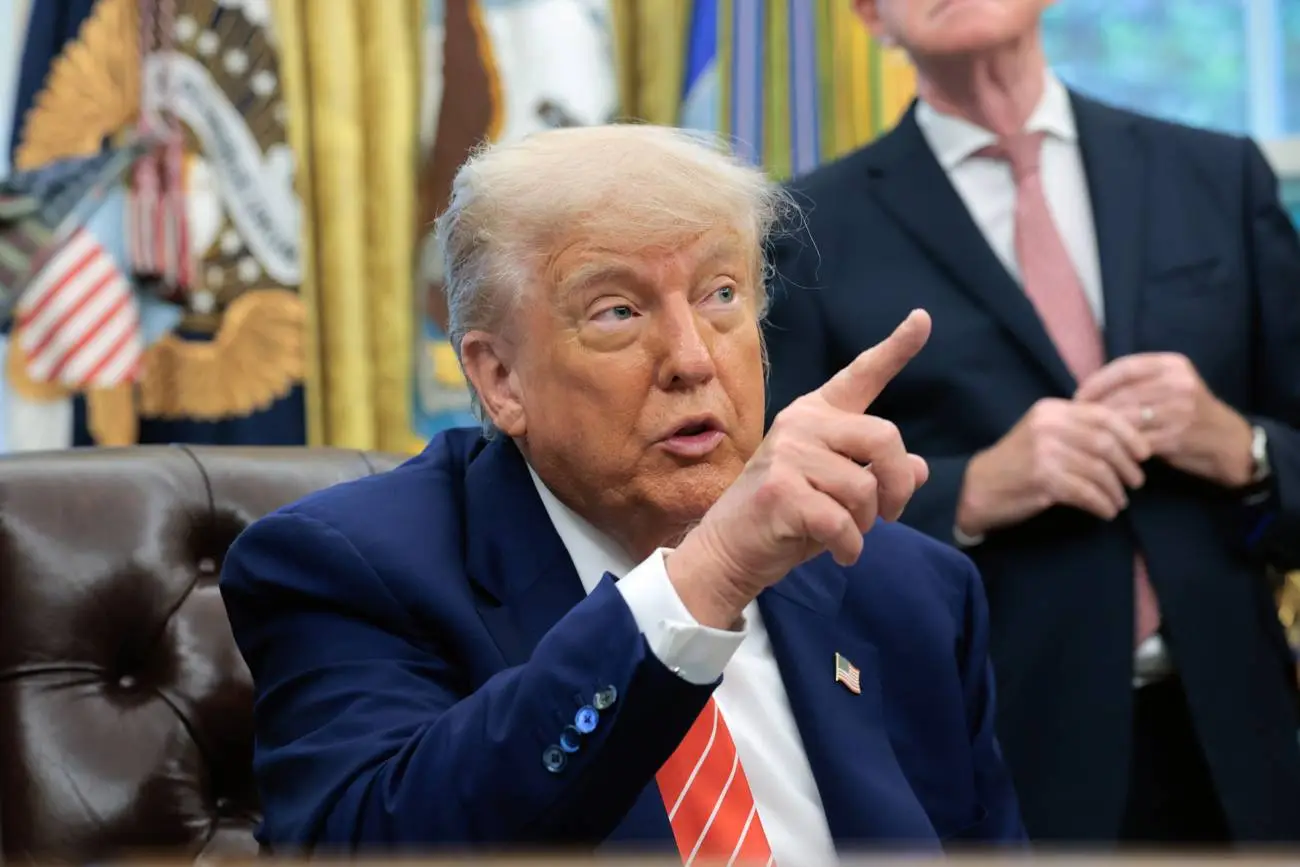When you think of the Oval Office, you imagine deals being struck, bipartisan agreements, and historic moments that bring people together. But for Donald Trump, it often wasn’t about sealing the deal. It was about scoring a public victory through humiliation.
This isn’t just speculation—it’s a pattern that shows up repeatedly in Trump’s negotiations and political moves. The idea of a compromise wasn’t his priority. Instead, he aimed to dominate the narrative by putting his opponents on the defensive, making them look weak, or outright embarrassing them in front of the cameras.
The Showmanship Behind the Deal
For Trump, the Oval Office wasn’t just a room to work out policy. It was a stage. When he invited political rivals, foreign leaders, or business associates, the real objective was clear: control the optics.
A deal means both parties walk away with something. But humiliation means one side looks like they lost while the other stands tall. And Trump’s strategy has been to flip the traditional negotiation script—winning by humiliating.
This approach feeds into his brand. He thrives on controversy, on shaking up expectations, and on dominating headlines. The drama becomes the deal, more than the actual agreement.
How Humiliation Changed Political Negotiations
The impact is bigger than just personal ego. When negotiations end with public humiliation, trust breaks down. Future talks become harder because parties are wary of being embarrassed again. This is why bipartisan cooperation under Trump’s tenure often stalled.
But that was part of the plan. Trump’s goal wasn’t to build lasting relationships; it was to project strength and rally his base. By humiliating opponents, he positioned himself as the alpha in the room, which energized his supporters and shifted the political landscape.
Why It Matters Now
Understanding Trump’s preference for humiliation over deal-making helps explain many headline moments during his presidency. It also offers insight into why certain political processes slowed or failed. Deals need trust, and humiliation kills it.
If you want to grasp the dynamics of Trump’s negotiations—whether in politics or business—remember this: The deal was often secondary. The real objective was the spectacle of domination.
This breakdown isn’t about politics alone. It’s a reminder that negotiation styles shape outcomes. And sometimes, the goal isn’t collaboration. It’s control—through humiliation.



